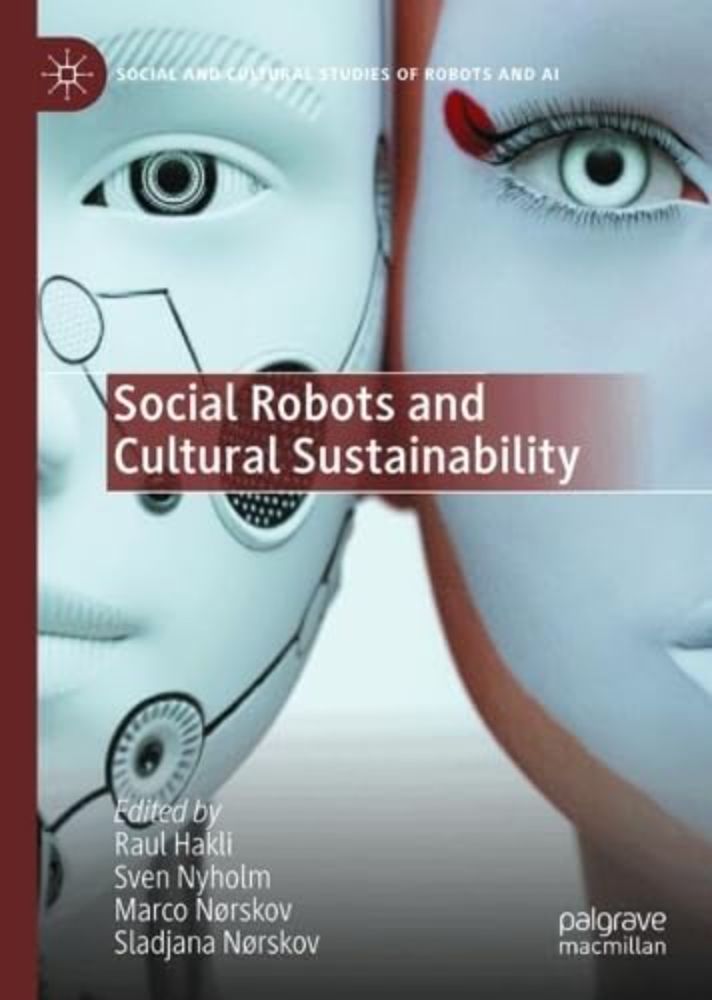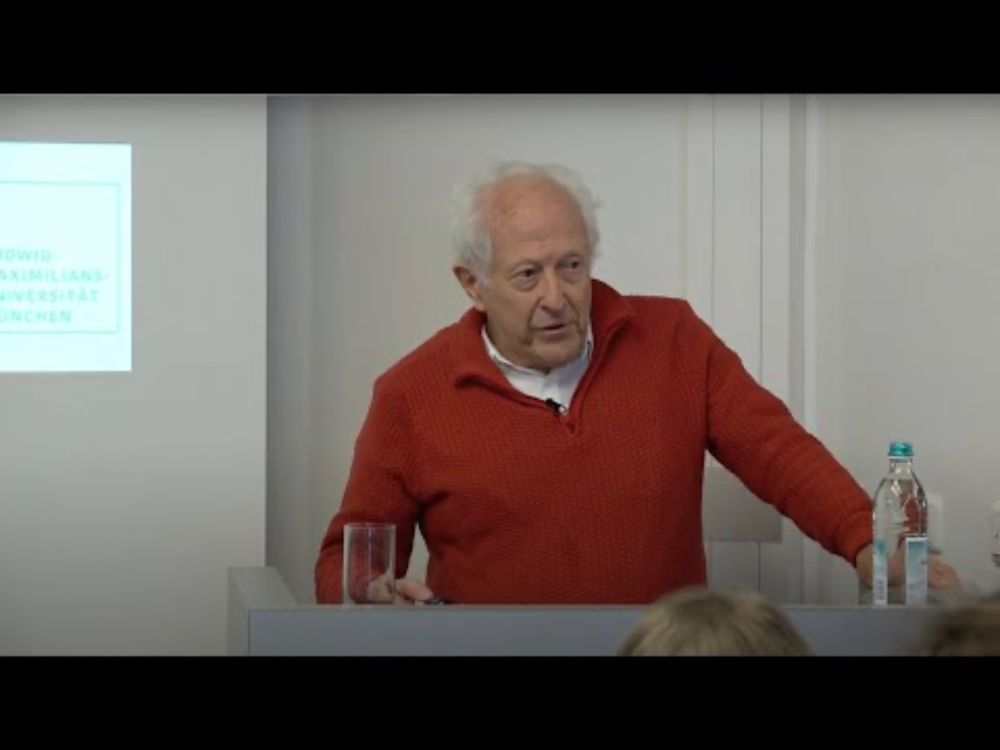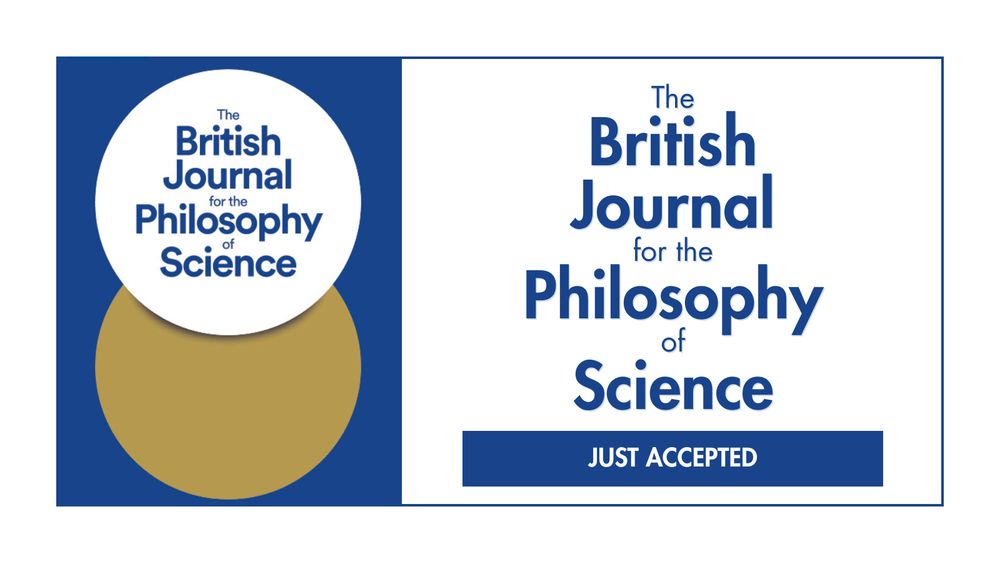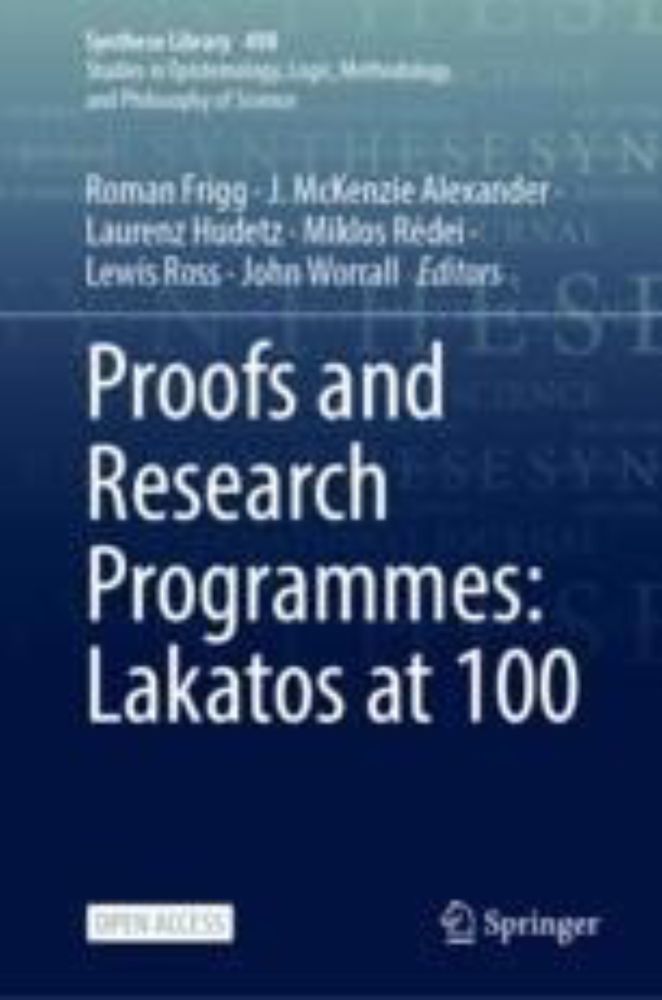LMU Munich Philosophy Faculty
@lmuphilosophy.bsky.social
450 followers
290 following
5 posts
Faculty of Philosophy, Philosophy of Science and Religious Studies, LMU Munich
Posts
Media
Videos
Starter Packs
Reposted by LMU Munich Philosophy Faculty
Reposted by LMU Munich Philosophy Faculty
Reposted by LMU Munich Philosophy Faculty
Reposted by LMU Munich Philosophy Faculty
Reposted by LMU Munich Philosophy Faculty
Reposted by LMU Munich Philosophy Faculty
Reposted by LMU Munich Philosophy Faculty
Reposted by LMU Munich Philosophy Faculty
Reposted by LMU Munich Philosophy Faculty
Reposted by LMU Munich Philosophy Faculty
Sven Nyholm
@svennyholm.bsky.social
· Jul 13

Culturally Sustainable Social Robotics (Social and Cultural Studies of Robots and AI)
Culturally Sustainable Social Robotics (Social and Cultural Studies of Robots and AI) [Hakli, Raul, Nyholm, Sven, Nørskov, Marco, Nørskov, Sladjana] on Amazon.com. *FREE* shipping on qualifying offers. Culturally Sustainable Social Robotics (Social and Cultural Studies of Robots and AI)
www.amazon.com
Reposted by LMU Munich Philosophy Faculty
Reposted by LMU Munich Philosophy Faculty
Reposted by LMU Munich Philosophy Faculty
Reposted by LMU Munich Philosophy Faculty
Reposted by LMU Munich Philosophy Faculty
Reposted by LMU Munich Philosophy Faculty
Reposted by LMU Munich Philosophy Faculty
















